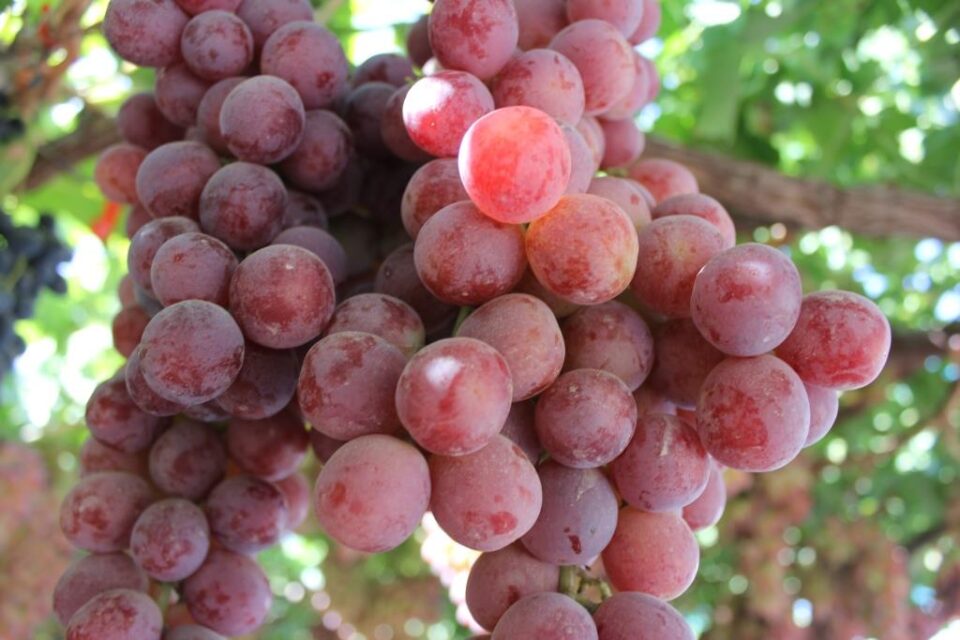According to EastFruit analysts, the Tajik market is currently oversaturated with table grapes. Grape prices are falling rapidly as the peak harvest season is approaching, and there is no certainty on how the grapes will be sold.
According to Bakhtiyor Abduvokhidov, Consultant to the Food and Agriculture Organization of the United Nations (FAO) , up to 30% of all fresh table grapes in Tajikistan were bought by traders from Afghanistan. At the moment, there is no confidence that they will be able to purchase products and export them in the new season. It is also not entirely clear whether there will be a demand for Tajik table grapes in Afghanistan and how the purchasing power will change after the Taliban come to power.
Another problem for the Tajik table grapes growers is the conflict between Tajikistan and Kyrgyzstan, which led to a complete blockade of the border between the countries. It is no secret for representatives of the region’s fruit trade that earlier the bulk of table grapes from Tajikistan were supplied to Russia through Kyrgyzstan, and Kyrgyzstan itself was a major consumer of this product. However, this season Tajik traders will not be able to rely on this distribution channel, so they will have to look for other, more expensive options for the transit of their fruits to Russia. This will undoubtedly put significant pressure on the prices of Tajik grapes.
In the Russian market this year the supply of grapes may grow due to an increased domestic production, as well as due to the expected high harvest of grapes in Moldova . Local farmers are already openly saying that they expect a decline in prices for their products.
The varietal composition of grapes in Tajikistan does not allow to hope for a significant diversification of markets beyond the traditional ones: Russia and the countries of Central Asia. We wrote about the rating of grape varieties in Uzbekistan , and in Tajikistan the situation is similar. Another feature of Tajikistan is the lack of capacity for long-term storage of grapes.
Obviously, if it is impossible to sell grapes at an affordable price and place them in fruit storage facilities for long-term storage, farmers will try to dry the grapes and sell them as raisins.
The use of the site materials is free if there is a direct and open for search engines hyperlink to a specific publication of the East-Fruit.com website.




